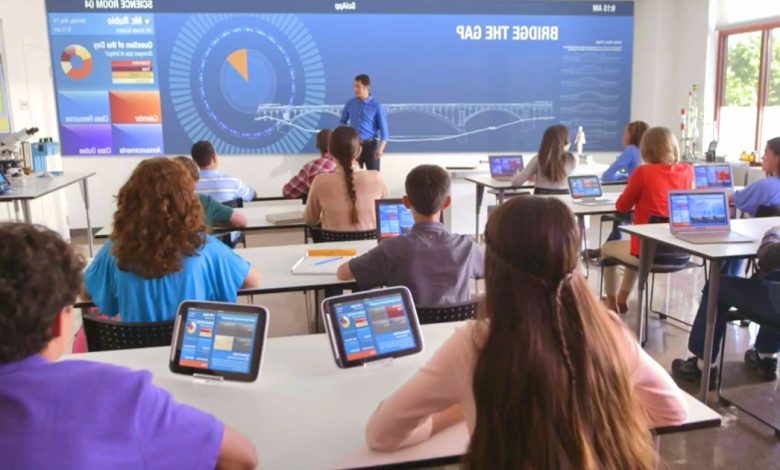Education and How It Will Change in the Next Years

Digitalization affects all spheres of our lives, including education. Here is how modern technologies will improve teaching and learn and help students ease the process and make it more entertaining.
Subjects Will Become More Universal and Practical
There will be new lessons at the intersection of spheres. It’s easy to imagine, for example, that schools will teach how to become a successful blogger and make viral content or program smartphone apps.
For a while, society was dominated by the tendency of specialization: the more narrow the area a person has and the deeper his knowledge, the more valuable he is to the employer. But gradually an era of universalism is coming, when one and the same specialist must have skills and knowledge in different areas. On the one hand, it is necessary to be a professional of the highest class in his business. On the other hand, it is important to be flexible, adaptive, able to take the challenges of time, expand knowledge and work with related areas.
Today, the ability to use computers, smartphones, and the Internet is almost as important as reading and writing skills. And we should master it not only for work but also for entertainment, like ऑनलाइन कैसीनो भारत and other sites. In the future, digital literacy and even programming may become full-fledged school subjects.
Classes Will Be Based on Digital Technology and Smart Solutions
Education, like all spheres of life, won’t escape the influence of digitalization in the next two or three decades. New gadgets and technologies will appear in schools: 3D lessons, virtual and augmented reality, cloud services, 3D printers, robotic constructors, electronic whiteboards, video-conferencing systems, and artificial intelligence.
However, education won’t go completely online. Of course, if we are talking about knowledge, then it is possible to teach everything using distance technology. Case assignments and group work have long allowed you to avoid cheating and master the program material. But school is not just about lessons.
Experts agree that distance learning won’t completely replace face-to-face classes. School is not just about teaching, it has another, no less important function: educating the future generation.
Behind a screen, it is more difficult for a child to go through socialization, develop emotional intelligence, and learn to interact with classmates. It is easier and more effective to form flexible skills offline.
Students Will Be Helped to Better Understand Themselves and Choose Their Future Profession
Schools are gradually beginning to pay attention to career guidance, and in the future education will change towards even greater individualization. Psychologists will work with students to help them learn their strengths, growth points, and interests.
For employers, not only knowledge and skills in a particular industry are important, but also the ability to communicate, work in a team, and create projects. Schools of the future will emphasize this. Some schools have already got rid of the standard arrangement of desks in classrooms, with children sitting one behind the other. Students are placed so that they can communicate and create collaborative projects.
It is also important that students know how to organize their own work: to distribute roles, to take responsibility for part of the task, to calculate time and other resources. Therefore, the teacher of the future will only guide the children and supervise the process from afar.
Teachers Will Be Able to Reach Every Student and Create a Comfortable Learning Environment
Digitalization will not only affect students, but also teachers. The school of the future will demand new knowledge, skills and competencies from teachers. A digital environment will help teachers improve their skills, create new formats of educational materials, and share experiences with each other.
So, the teacher becomes not so much a source as a guide in the world of information. This person teaches how to work with data, verify it, assess its quality, read solid and non-solid texts, understand their meaning, and distinguish between the main and the secondary. It is important for any educator to develop his or her own flexible skills because it is impossible to teach a child what you cannot teach yourself.
Besides, the school of the future will be able to solve the problems that face modern education: the introduction of advanced technology in the learning process, access to quality education for children with disabilities, the uneven development of children of the same age and others.





